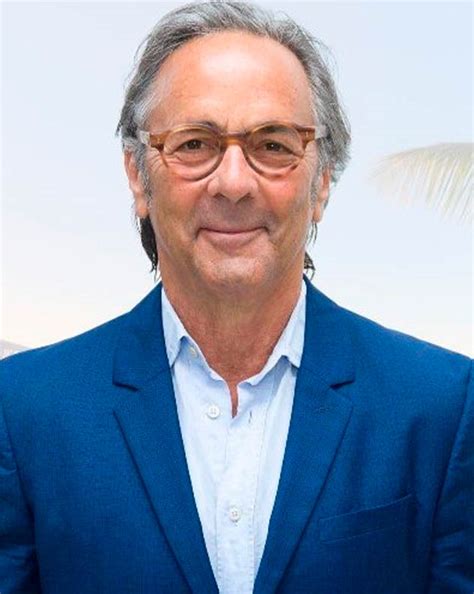A Quote by Lewis Thomas
The earliest sensation at the onset of illness, often preceding the recognition of identifiable symptoms, is apprehension. Something has gone wrong, and a glimpse of mortality shifts somewhere deep in the mind. It is the most ancient of our fears.
Related Quotes
To live without love, compassion, or any other spiritual value creates a state of such severe imbalance that every cell yearns to correct it. Ultimately, that is what lies behind the onset of disease; the body is sending a message that something lacking in the present—an imbalance existing somewhere—has given rise to highly visible, unarguable, physical symptoms.
My view is that our minds are incredibly powerful animals that are, during life, kept somewhat in check by the load of our bodies. Once that load is gone (or so some ancient texts teach us) the mind is like a horse off the tether. So the habits we get into here might have something to do with what happens to us afterwards. An exciting but harrowing idea, given the everyday state of my mind. But also hopeful, since that's something a person can work with.
Most observers of the French Revolution, especially the clever and noble ones, have explained it as a life-threatening and contagious illness. They have remained standing with the symptoms and have interpreted these in manifold and contrary ways. Some have regarded it as a merely local ill. The most ingenious opponents have pressed for castration. They well noticed that this alleged illness is nothing other than the crisis of beginning puberty.
Solidarity is not a matter of altruism. Solidarity comes from the inability to tolerate the affront to our own integrity of passive or active collaboration in the oppression of others, and from the deep recognition of our most expansive self-interest. From the recognition that, like it or not, our liberation is bound up with that of every other being on the planet, and that politically, spiritually, in our heart of hearts we know anything else is unaffordable.
We've left the moment. It's gone. We're somewhere else now, and that's okay. We've still got that moment with us somewhere, deep in our memory, seeping into our DNA. And when our cells get scattered , whenever that happens, this moment will still exist in them. Those cells might be the biulding block of something new. A planet or star or a sunflower, a baby. Maybe even a cockroach. Who knows? Whatever it is, it'll be a part of us, this thing right here and now, and we'll be a part of it.





































